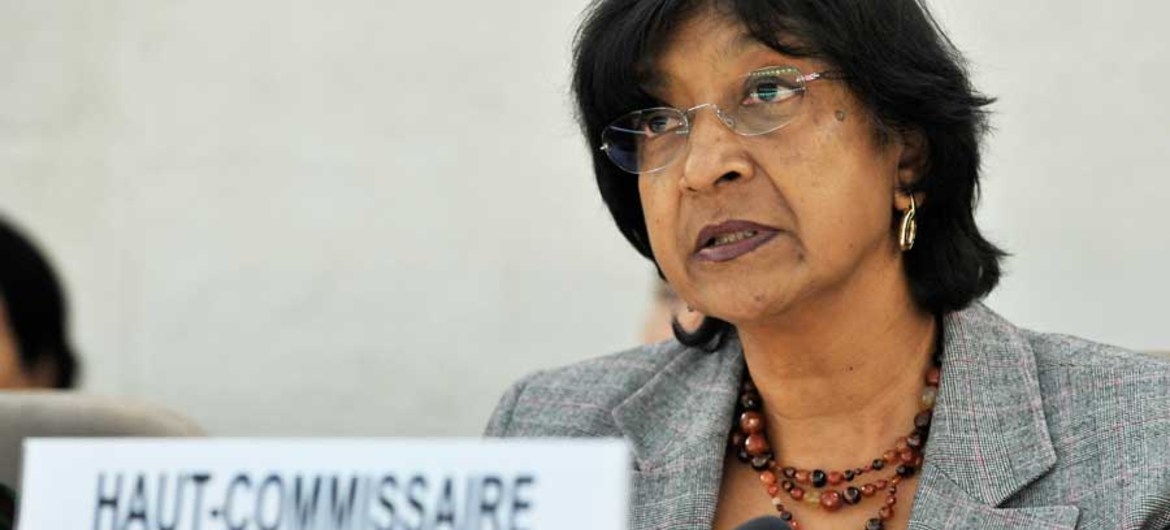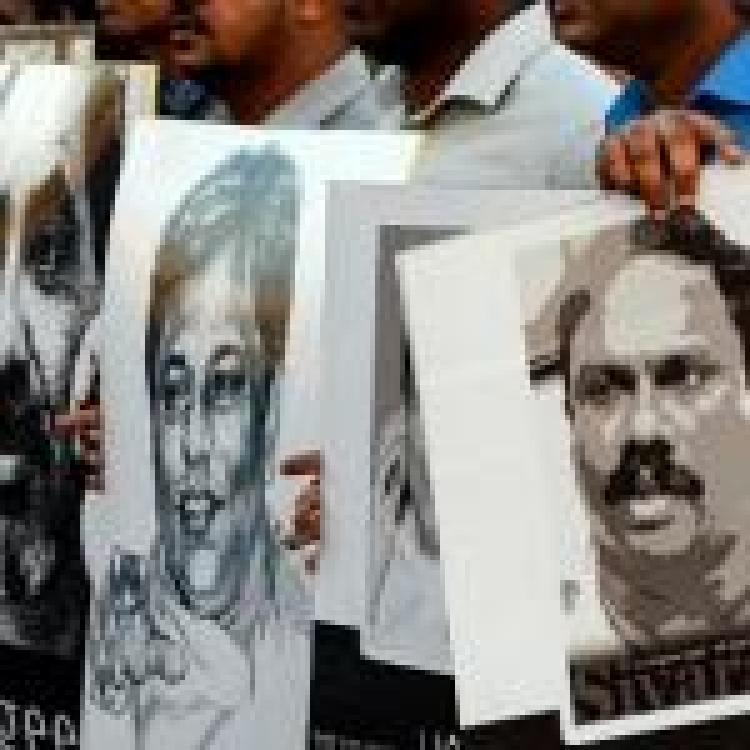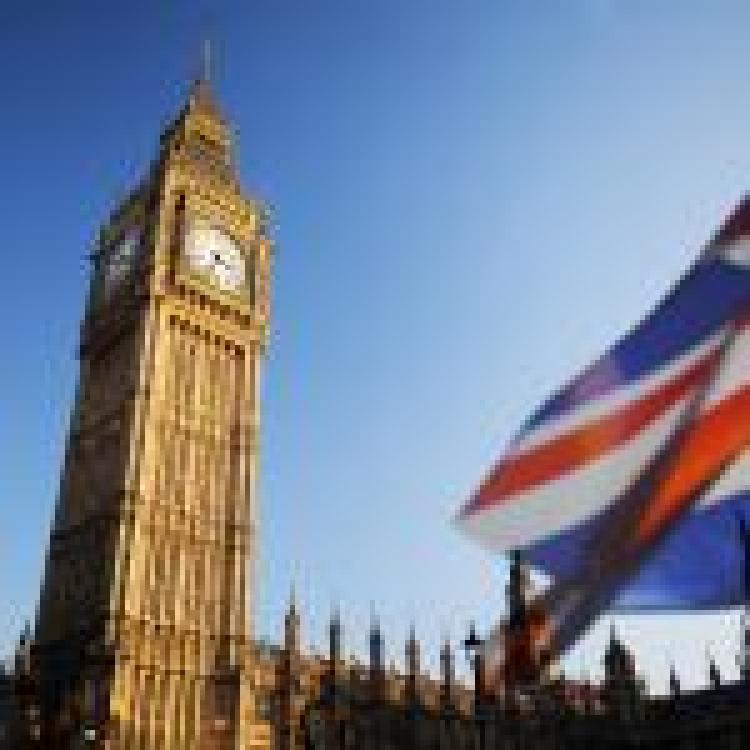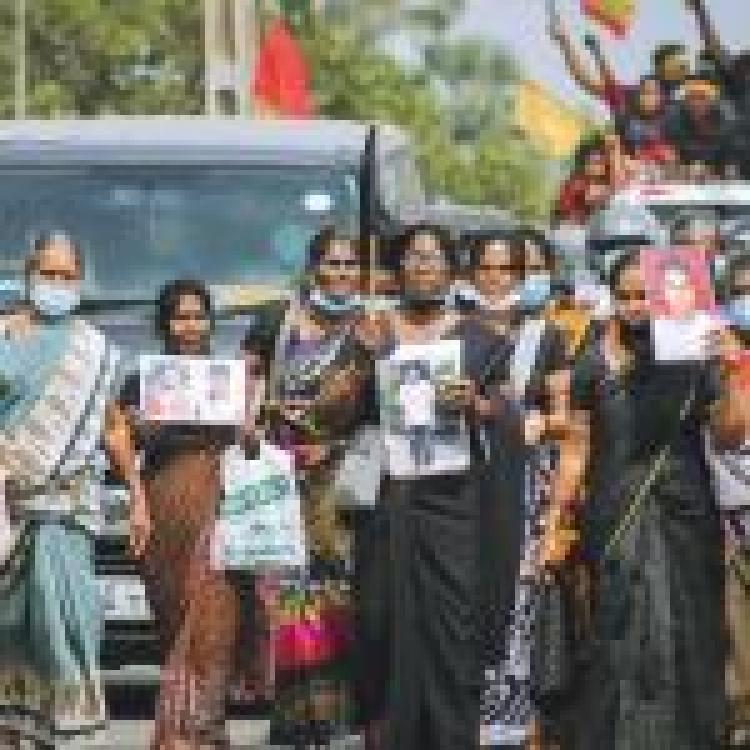
In an interview for Just Security, Former UN Human Rights High Commissioner, Navanethem (Navi) Pillay urged the UN Human Rights Council (HRC) and member states to take action to hold Sri Lanka accountable for war-time atrocities and human rights violations.
“It is time for the HRC to make a drastic departure from its customary complacency over the failures of the Sri Lankan government and hold it to account for its non-compliance with HRC resolutions”.
This statement comes ahead of the UNHRC 46th session and follows a damning report by the current High Commissioner. Commenting on this report, Pillay highlights how successive high commissioners have called for strong mandates maintaining a comprehensive process of accountability and that UN reports have consistently detailed credible evidence of war crimes committed by the Sri Lankan government.
She further noted that Gotabaya Rajapaksa, Sri Lanka’s President, “was the minister of defence and commander of the armed forces during the conflict and is named in various reports as the individual most responsible for mass violations during the final attack in 2009”.
International accountability
Responding a question posed on domestic commissions investigating war crimes, Pillay highlights that;
“Twelve years on from the end of the war, the Sri Lankan government has failed to make any meaningful progress towards accountability for international crimes, reparation for victims, or accountability for disappearances and land dispossessions”.
Pillay notes that in 2009 that she had originally recommended that the HRC independent international inquiry and highlighted the examples of in former Yugoslavia and Rwanda as well as the Central African Republic.
She further states that it is hoped that the threat of universal jurisdiction cases will move the Sri Lankan government to at least prosecute the emblematic cases. She also comments on the pardoning of Sri Lankan war criminal Sunil Ratnayake, who was sentenced for the murder of eight civilians including a 5-year-old child in 2000, noting the pardon was in “willful defiance of international law against impunity”.
Given Sri Lanka’s inaction, she maintains that international accountability mechanisms are considered appropriate when states are unwilling or unable to take action.
Sri Lanka has persistently shown a failure to honour its human rights commitments as well as disregard for “any kind of judicial mechanism to prosecute international crimes”. Despite over a decade passing since the end of the armed conflict, Pillay accuses Rajapaksa of waging a war “against human rights defenders and democratic institutions”.
She further highlights Sri Lanka’s “growing authoritarianism, intrusion by the military into civilian activities, attacks on democratic institutions, and persisting violations of the rights of Tamils”. A failure to address this, Pillay stated, would lead to recurrence.
Read her full statements here.




